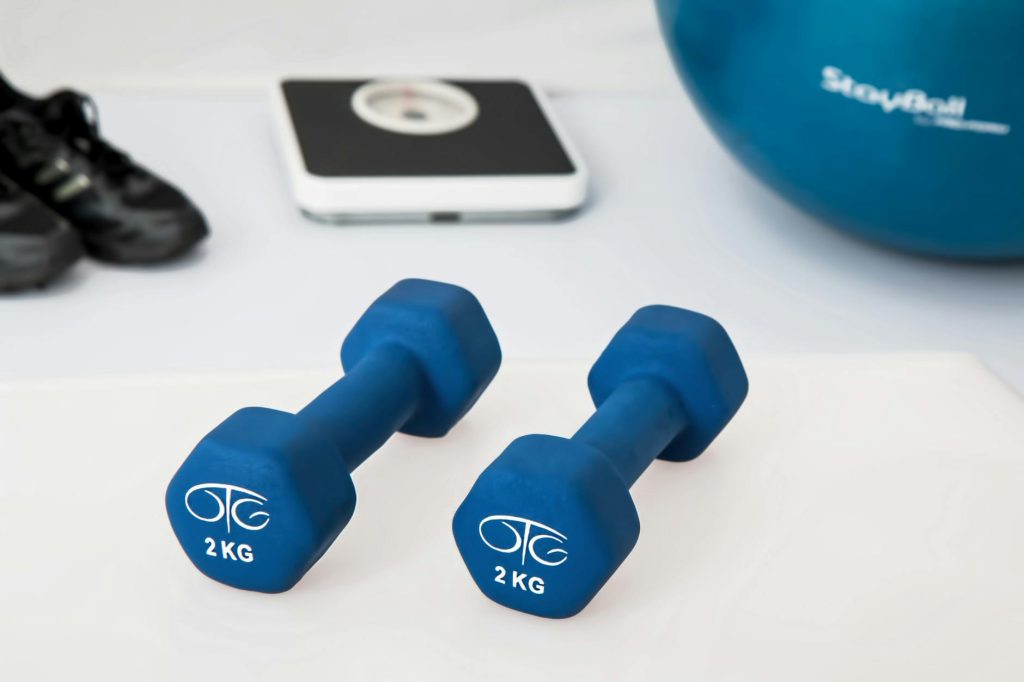Breaking Through Plateaus and Building Lasting Habits
Weight loss isn’t just about willpower or following the latest fad diet. Research shows that sustainable weight management is rooted in understanding your body’s biology, psychology, and the intricate relationship between lifestyle factors. Let’s explore evidence-based strategies that can help you achieve your health goals while maintaining a balanced, enjoyable life.

Understanding Your Body’s Weight Regulation System
Your body maintains weight through a complex network of hormones, neural signals, and metabolic processes. This system, developed over millions of years of evolution, was designed to keep us alive during times of scarcity. Today, in an environment of abundance, we need to work with these biological systems rather than against them.
The Role of Hormones
Two key hormones influence hunger and satiety: leptin and ghrelin. Leptin signals fullness, while ghrelin stimulates appetite. When you drastically reduce calories, your body responds by increasing ghrelin and decreasing leptin, making you feel hungrier. This explains why crash diets often fail – they trigger biological responses that make maintaining weight loss extremely difficult.

Building a Foundation for Success
1. Focus on Sleep Quality
Research published in the Journal of Clinical Sleep Medicine shows that insufficient sleep can increase cravings for high-calorie foods and disrupt hunger hormones. Adults who sleep 7-9 hours per night tend to make better food choices and maintain more consistent eating patterns. Prioritize sleep by:
- Maintaining a consistent sleep schedule
- Creating a relaxing bedtime routine
- Limiting screen time before bed
- Keeping your bedroom cool and dark
2. Manage Stress Levels
Chronic stress elevates cortisol levels, which can increase appetite and promote fat storage, particularly around the midsection. Incorporating stress-management techniques isn’t just good for your mental health – it’s crucial for weight management:
- Practice mindfulness or meditation
- Engage in regular physical activity
- Spend time in nature
- Connect with supportive friends and family

The Power of Protein and Fiber
Protein: Your Weight Loss Ally
Research consistently shows that adequate protein intake is crucial for weight loss success. A high-protein diet:
- Increases satiety and reduces hunger
- Preserves muscle mass during weight loss
- Requires more energy to digest compared to other nutrients
- Helps maintain stable blood sugar levels
Aim for 0.8-1 gram of protein per pound of target body weight, spread throughout the day. Good sources include lean meats, fish, eggs, legumes, and dairy products.
Fiber: The Forgotten Nutrient
Dietary fiber not only supports digestive health but also plays a crucial role in weight management by:
- Slowing digestion and promoting fullness
- Feeding beneficial gut bacteria
- Stabilizing blood sugar levels
- Reducing calorie absorption from other foods
Target 25-35 grams of fiber daily through vegetables, fruits, whole grains, and legumes.

Movement That Matters
Exercise shouldn’t feel like punishment. The most effective physical activity plan is one you’ll stick with long-term. Research shows that combining different types of movement yields the best results:
Resistance Training
Building and maintaining muscle mass increases your resting metabolic rate. Include 2-3 strength training sessions per week, focusing on:
- Compound exercises that work multiple muscle groups
- Progressive overload to continually challenge your body
- Proper form to prevent injury and maximize results
Cardiovascular Exercise
While cardio isn’t essential for weight loss, it improves heart health and can create a calorie deficit. Choose activities you enjoy, whether it’s:
- Walking with friends
- Dancing
- Swimming
- Cycling
- High-intensity interval training (HIIT)

The Psychology of Sustainable Change
Mindful Eating Practices
Developing awareness around eating habits can be transformative. Practice:
- Eating without distractions
- Chewing slowly and savoring each bite
- Recognizing hunger and fullness cues
- Understanding emotional eating triggers
Setting Realistic Goals
Instead of focusing solely on the scale, set process-oriented goals that support long-term success:
- Track non-scale victories like energy levels and clothing fit
- Celebrate small improvements in habits
- Focus on consistency rather than perfection
- Build habits that fit your lifestyle

Breaking Through Plateaus
Weight loss plateaus are normal and expected. Your body adapts to changes, requiring periodic adjustments to continue progress:
Strategies for Overcoming Plateaus
- Reassess your calorie needs as your weight changes
- Vary your exercise routine to prevent adaptation
- Track your food intake to identify hidden calories
- Ensure adequate sleep and stress management
- Consider incorporating maintenance phases

The Role of Social Support
Research shows that social support significantly improves weight loss success. Consider:
- Joining a community of like-minded individuals
- Working with a registered dietitian or certified coach
- Sharing your goals with supportive friends and family
- Participating in group fitness classes
Conclusion: Your Sustainable Path Forward
Successful weight loss isn’t about finding the perfect diet or exercise plan – it’s about creating sustainable habits that work for your unique lifestyle. Focus on small, consistent changes rather than dramatic transformations. Remember that progress isn’t linear, and setbacks are part of the journey.
By understanding the science behind weight management and implementing evidence-based strategies, you can create lasting change while maintaining a healthy relationship with food and your body. Your breakthrough might not come as a dramatic moment but rather as a series of small victories that add up to significant, sustainable results.
Start by choosing one or two areas to focus on, and gradually build upon your successes. Whether it’s improving sleep quality, increasing protein intake, or developing a consistent exercise routine, each positive change brings you closer to your goals.



